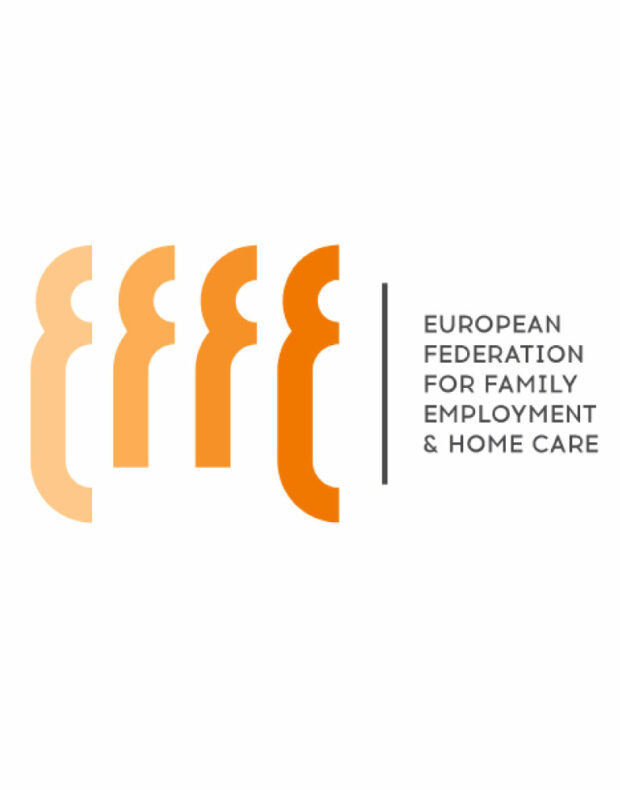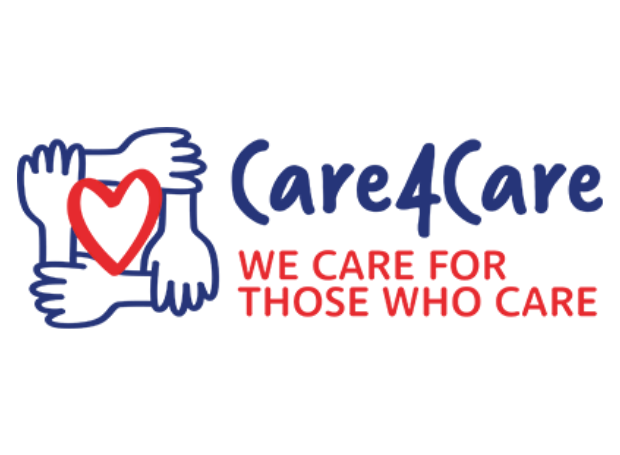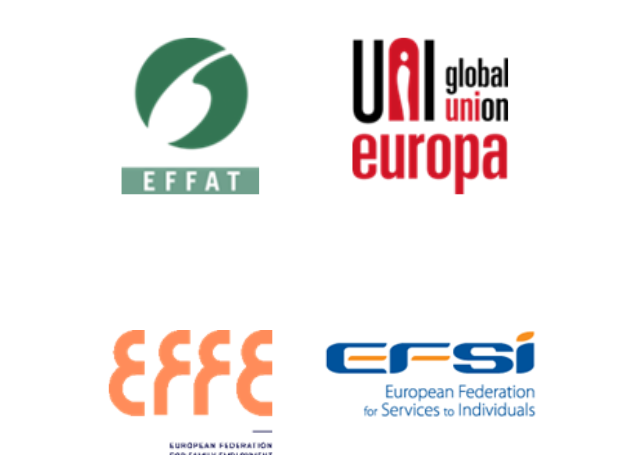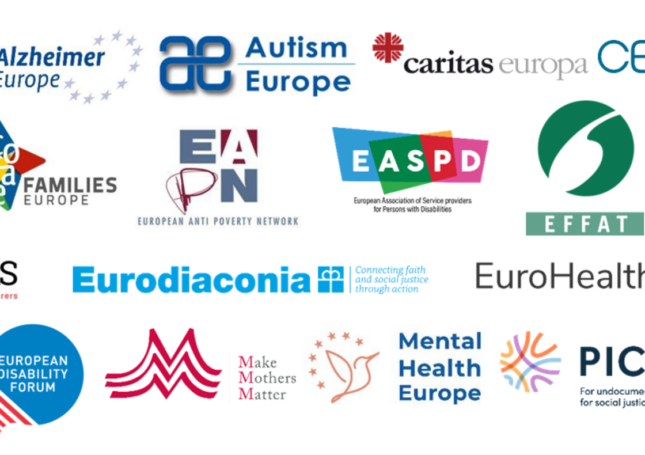
Joint Statement. Brussels, 30th October 2023.
On the first UN International Day of Care and Support,
17 European organisations call for urgent measures to address underinvestment and staff shortages in long-term care.
The first UN International Day of Care and Support is a welcome initiative that marks a positive development in the recognition of the vital importance of care and of those who provide it in our societies. We hope that the welcome momentum generated by the UN International Day of Care and Support will catalyse and inspire substantive actions across the European Union.
According to the 2022 EURES Report on labour shortages and surpluses, there are critical shortages in health and social care occupations across many, if not all, European countries. Everywhere, organisations have been raising the alarm about the shortage of care services, professional care staff, insufficient support to informal carers, and the dangerous and immediate consequences for the entire society.
At the EU level, the European Care Strategy paves the way for the transformation of the sector and the creation of a person-centred, community-based care and support system. It lays the foundation for a system that will respect the rights and dignity of persons in need of care and support, and their families as well as carers, both professional and informal. This strategy needs to be fully and adequately transposed to address EU Member States’ realities through ambitious national measures to be submitted to the European Commission by June 2024. These must present concrete actions to address qualified professional care staff shortages.
Understaffing and underinvestment in care are nothing new. Underneath remains the issues of ableism and ageism and other discriminations based on gender stereotypes, migration or residence status, and other grounds of discrimination that affect both care receivers and caregivers.
Care is still considered a woman’s duty, with 44% of Europeans thinking that the most important role of a woman is to take care of her home and family. This leads to women absorbing 90% of the paid care staff jobs, which are undervalued, low paid, precarious and with little to no career advancement or development. The scale of the problem has grown incrementally of late, notably due to the COVID-19 and cost-of-living crises.Finding competent, well-trained and stable staff remains a challenge in every country of the region. This has consequences on all persons working in the sector with too many dealing with poor working and occupational health and safety, leading to burnout, stress and anxiety, further deteriorating mental health, third-party violence and low staff retention for service providers.
On this day, the undersigned organisations call on all stakeholders to invest in the transition to community-based, person-centred high-quality, affordable and accessible long-term care systems. We call namely on:
Member States to:
- present by June 2024 appropriately funded, ambitious, time-bound and targeted measures to improve and expand their long-term care systems, supported by a national monitoring and evaluation mechanism;
- urgently work with the social partners and civil society on actions in the framework of the national measures and action plans to sustainably address the needs of the long-term care workforce in view of enabling human rights-based principles.
The European Commission to boost implementation of the European Care Strategy, namely by:
- creating a monitoring and evaluation framework, with qualitative and quantitative indicators which foster the development of strong national action plans on long-term care towards improved service coverage, more affordable quality care and coordination of care services across people’s life-course;
- creating a European Long-Term Care Platform to coordinate the implementation of the Strategy with the involvement of the national coordinators, those who draw on care and support services, people who provide it and their representative organisations;
- continuing support to the Members States through the Technical Support instrument and systematically follow their investments in long-term care through the European semester process;
- pursuing the Economic Governance Reform in a direction that gives Member States the necessary flexibility to foster social investments into care services.
- proposing European Year of Care and Support.
- The Council of the European Union to swiftly adopt the Council Conclusions on the transition of care systems throughout life towards holistic, person-centred and community-based models that respect the rights of carers and of the persons in need of care and support, ensuring they put human rights at the centre.
The EU parliament to:
- support necessary financial and fiscal governance policies that support Member States to invest more on long- term care;
- to monitor closely and support the implementation of the European Care Strategy.
Signatories :
- AGE Platform Europe
- Autism Europe
- Caritas Europa
- COFACE Families Europe
- EAPN
- EASPD
- EFFE
- EFSI
- EPSU
- Eurocarers
- Eurodiaconia
- Eurohealthnet
- European Women’s Lobby
- Make Mothers Matter
- Mental Health Europe
- PICUM
- UNI Europa



